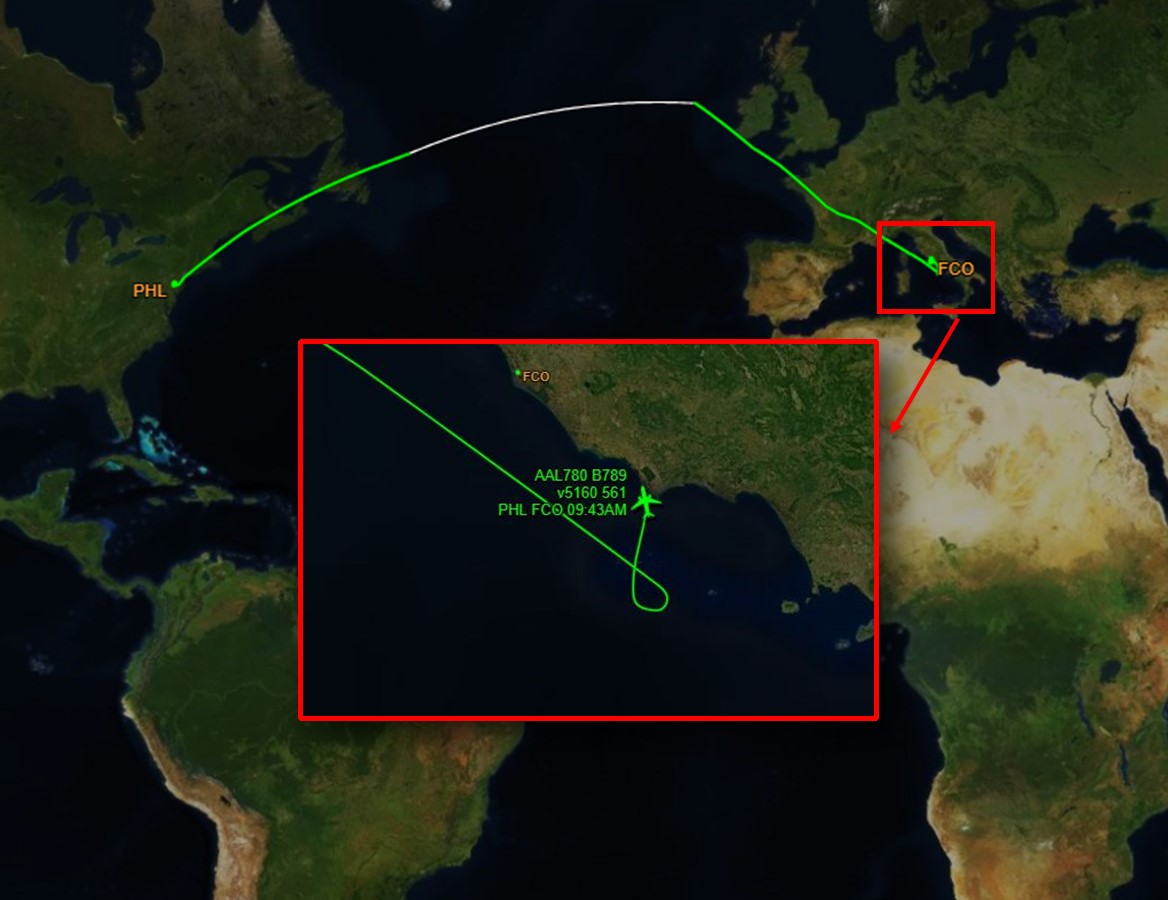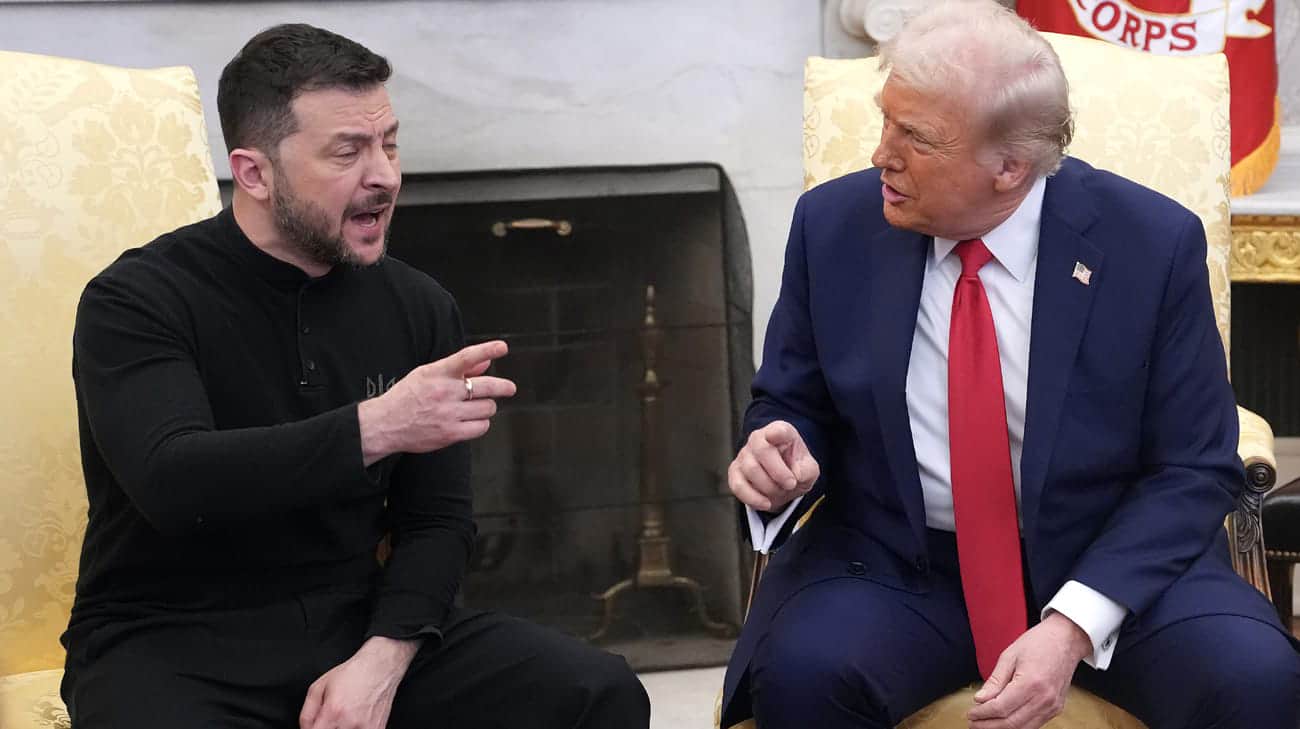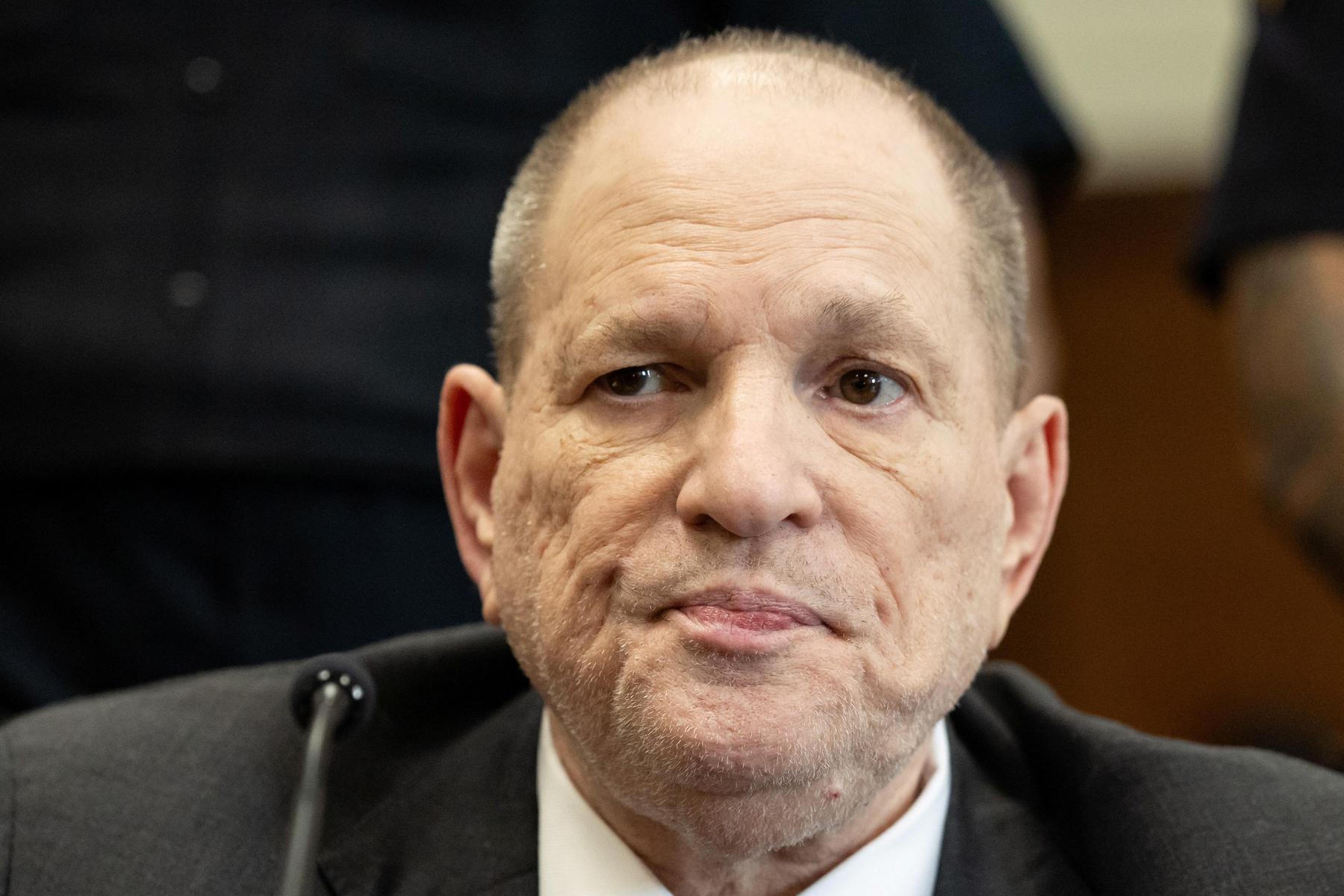The counter -fence of the duties of Trump, China now courts Japan and South Korea

The summit between the ministers of the economy of Tokyo, Beijing and Seoul. The Chinese leader Xi Jinping wants to take advantage of the fears of his neighbors to create his « global anti -American order »
There duties war It can turn into aOpportunities for China: « Raise » from the American sphere of influence, two of the richest economies on the planet, Japan and South Korea.
The Chinese attempt was staged over the past ten days here in Tokyo. In this weekend, the Japanese minister of the economy, industry and trade received his two homologations from China and South Korea. A week before always here In Tokyo an identical summit had been held among the three foreign ministers of the same countries. The leaders between these three nations are not unusual, but not even frequent. The last of the foreign owners dated back to 2023. At the level of economic ministers, however, they had not been held for five years.
The relaunch of the dialogue
Just as there are a few hours to the « day of liberation through the duties » – The fateful April 2nd In which Trump has announced new customs taxes – Tokyo Beijing and Seoul have relaunched the dialogue for the reduction of protectionist barriers. Inevitably, Many observers have described it as the signal of a turning pointthe start of great maneuvers to draw an east post-American or anti-American East. Given the anti -theft, that is, seen how Trump deals with the European allies of NATO, Japanese and South Korean draw their consequences. Meaning what they approach the other superpower, they make a good face to a bad gameare preparing to be part of a Chinese sphere of influence. This was an interpretation of the two summit at close deadline.
Chinese diplomacy
Although the formal direction of the leaders was of the landlord, that is, the Japanese government, is Chinese diplomacy that has tried to extract its maximum advantage. Beijing wants to take advantage of the climate of uncertainty unleashed by Trump’s announcementsto relaunch his free trade « construction site », which is the Regional Comprehensive Economic Partnership. With the acronym RCEP, that chord-quadro was proposed in 2011 at the Bali top of the Asean organization which includes the countries of Southeast Asia and hosts observers from Far East and Pacific. Then launched in 2012, the RCEP embraces 15 states which together represent 2.2 billion of inhabitants or 30% of the world population, and also 30% of global GDP.
The India case
A significant self -exclusion, however, is India. In addition, the RCEP has remained at the virtual stage: so far it has not produced operational agreements, nor the concrete reduction of duties or other protectionist barriers, which also abound in this part of the world. Indeed, as China entered a phase of slowing down growth, and sought solution to its internal problems by increasing the pressure to export abroad, even close such as Vietnam began to raise new barriers against the invasion of Made in China products.
The global anti-American order of XI
However, Xi Jinping does not give up. Since protectionism has become the official policy of Washington, the Chinese leader wants to take advantage of the fears of his neighbors to make the RCEP A piece of its « Global Anti -American Order »: to be added to other acronyms and architectures such as Belt and Road Initiative (in Italy known as the new silk routes), the Brics enlarged to an increasing number of emerging countries, the Shanghai Cooperation. In these receipts Beijing regularly overlooks the goal of replacing the dollar. The language that US US is multilateralist and inclusive: alternative to the Trumpian rhetoric of the make America Great Again.
Beijing’s protectionism
The reality is less captivating: China practices protectionism much more than the United Stateseven if « has the right » to do it because he obtained derogations, exemptions and privileges when from 1999 to 2001 he shops his access to the World Trade Organization (WTO). At the time, the People’s Republic of China was a very poor economy, as such in need of guarantees and protections, because it would not have held a competition with equal arms. The same protections, however, remain, to his advantage, today that he has one of the most advanced economies: For example, in the automotive industry foreign investors in China are always obliged to share their industrial secrets with a local partner, even if the Chinese giant of the byd electric car is now technologically on par with Tesla. The leaders of Japan and South Korea know the pitchino diplomacy’s pitches like few; However, they are tempted to play the « Chinese paper » this season of difficult negotiations with Trump.









